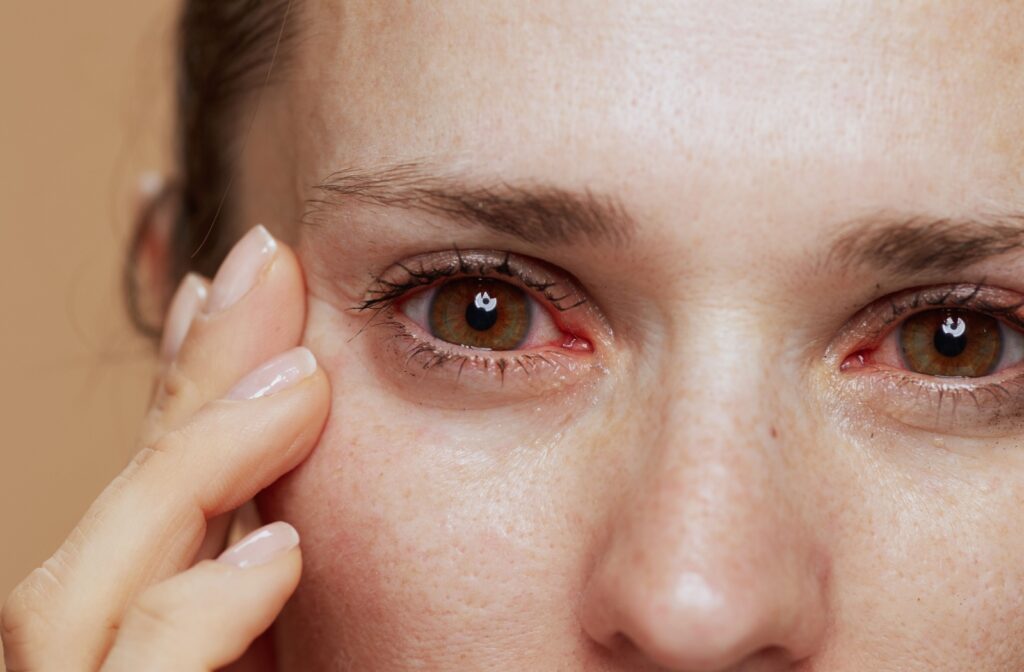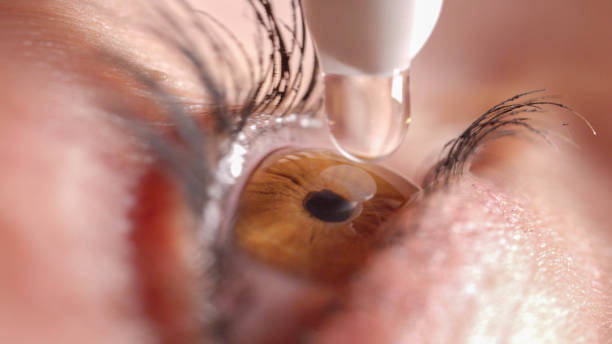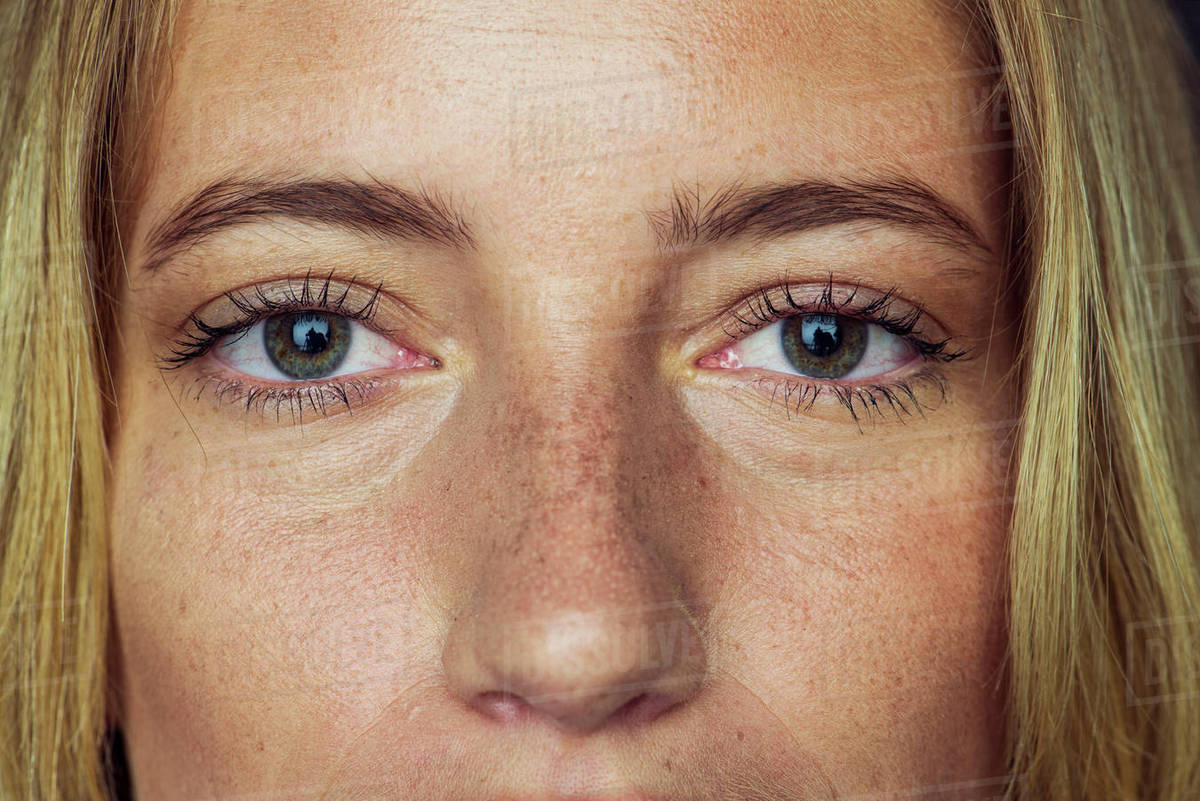Introduction
CPAP therapy is common for sleep apnea patients. It helps keep airways open during sleep. However, some users experience dry eyes. This article explores the causes, symptoms, and prevention of CPAP dry eyes.

What is CPAP Therapy?
CPAP stands for Continuous Positive Airway Pressure. It is a treatment for sleep apnea. The machine pushes air through a mask to keep airways open. This helps patients breathe easily while sleeping.
Causes of CPAP Dry Eyes
There are several reasons why CPAP users may get dry eyes. Here are some common causes:
- Air Leaks: Air can leak from the mask and blow into the eyes. This can cause dryness and irritation.
- Improper Mask Fit: If the mask does not fit well, it can let air escape. This can lead to dry eyes.
- High Pressure Settings: High air pressure can cause more air to leak. This can make the problem worse.
- Facial Structure: Some people’s facial features make it hard to get a good mask fit. This can cause air to leak into the eyes.
Symptoms of CPAP Dry Eyes

Dry eyes can cause discomfort and affect sleep quality. Here are some common symptoms:
- Redness in the eyes
- Itchy or burning sensation
- Feeling like something is in the eye
- Watery eyes
- Blurred vision
- Eye fatigue
How to Prevent CPAP Dry Eyes
There are ways to prevent dry eyes while using CPAP therapy. Here are some helpful tips:
1. Check Your Mask Fit
Make sure your mask fits well. It should create a good seal to prevent air leaks. You can try different mask sizes and styles. Find one that works best for you.
2. Use A Heated Humidifier
A heated humidifier adds moisture to the air. This can help prevent dry eyes. Most CPAP machines have a built-in humidifier. Adjust the settings to find the right level of moisture.
3. Adjust Air Pressure
Talk to your doctor about your air pressure settings. Sometimes, lowering the pressure can help reduce air leaks. This can help prevent dry eyes.
4. Use Eye Drops
Lubricating eye drops can provide relief from dryness. Use them before bed and after waking up. Make sure to choose preservative-free drops for best results.

5. Try A Mask Liner
A mask liner can help improve the fit of your mask. It can also help reduce air leaks. Mask liners are made of soft fabric and are placed between the mask and your face.
6. Consider A Full Face Mask
If you use a nasal mask, consider trying a full face mask. A full face mask covers both the nose and mouth. This can help prevent air from blowing into your eyes.
When to See a Doctor
If you continue to have dry eyes, see your doctor. They can help find the cause and recommend treatment. Don’t ignore dry eyes. It can lead to more serious eye problems.
Frequently Asked Questions
What Causes Dry Eyes With Cpap?
Dry eyes with CPAP are often caused by air leaks around the mask.
How Can Cpap Users Prevent Dry Eyes?
Use a well-fitted mask and humidifier. This helps prevent air leaks and dryness.

Can Cpap Dry Eyes Be Treated?
Yes, using artificial tears and adjusting the mask can help treat CPAP dry eyes.
Is Cpap Mask Fit Important For Dry Eyes?
Yes, a proper mask fit prevents air leaks, reducing the risk of dry eyes.
Explore gentle, natural homeopathic eye drops for dry eyes. Soothe irritation and dryness with effective, chemical-free eye care for lasting comfort and hydration.
Conclusion
CPAP therapy is important for sleep apnea patients. However, dry eyes can be a common side effect. Understanding the causes and symptoms can help you find relief. Use the tips in this article to prevent dry eyes. Make sure to talk to your doctor if the problem persists. Good sleep and eye health are both important for your well-being.




